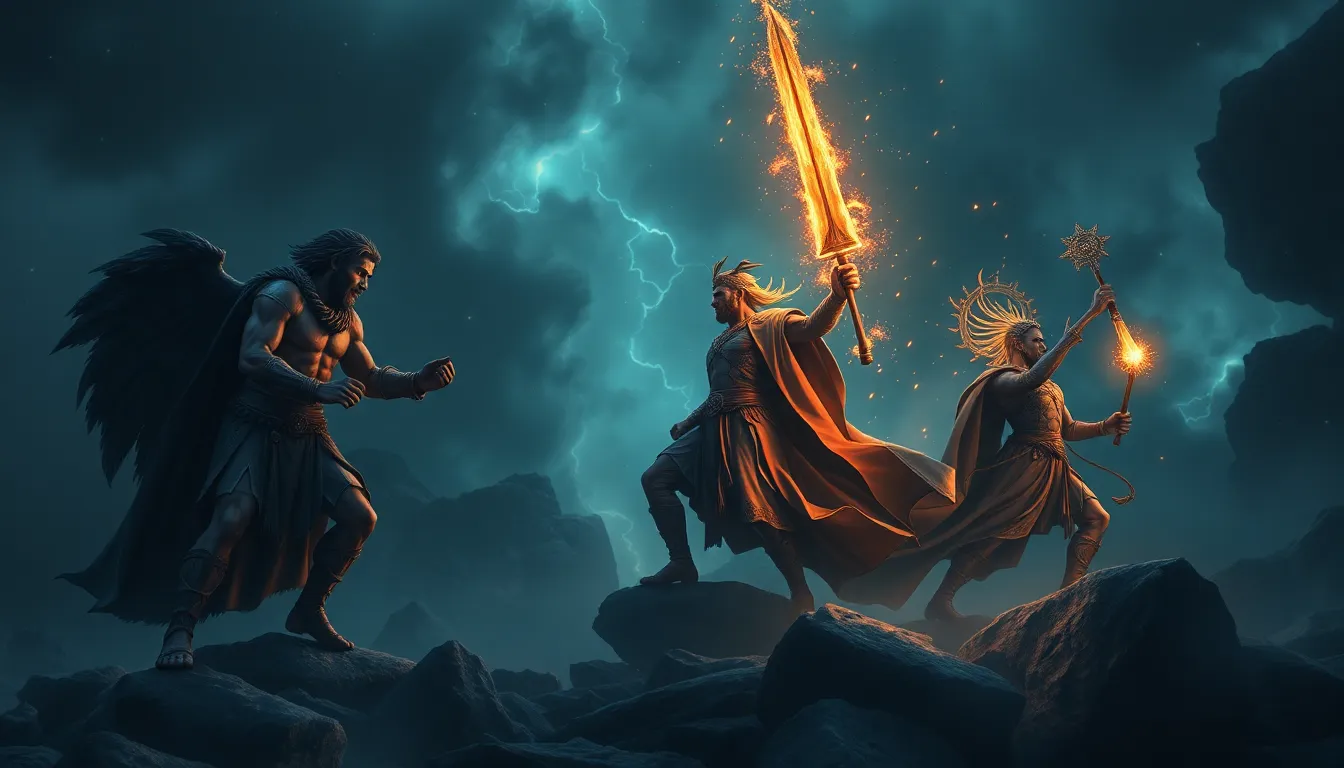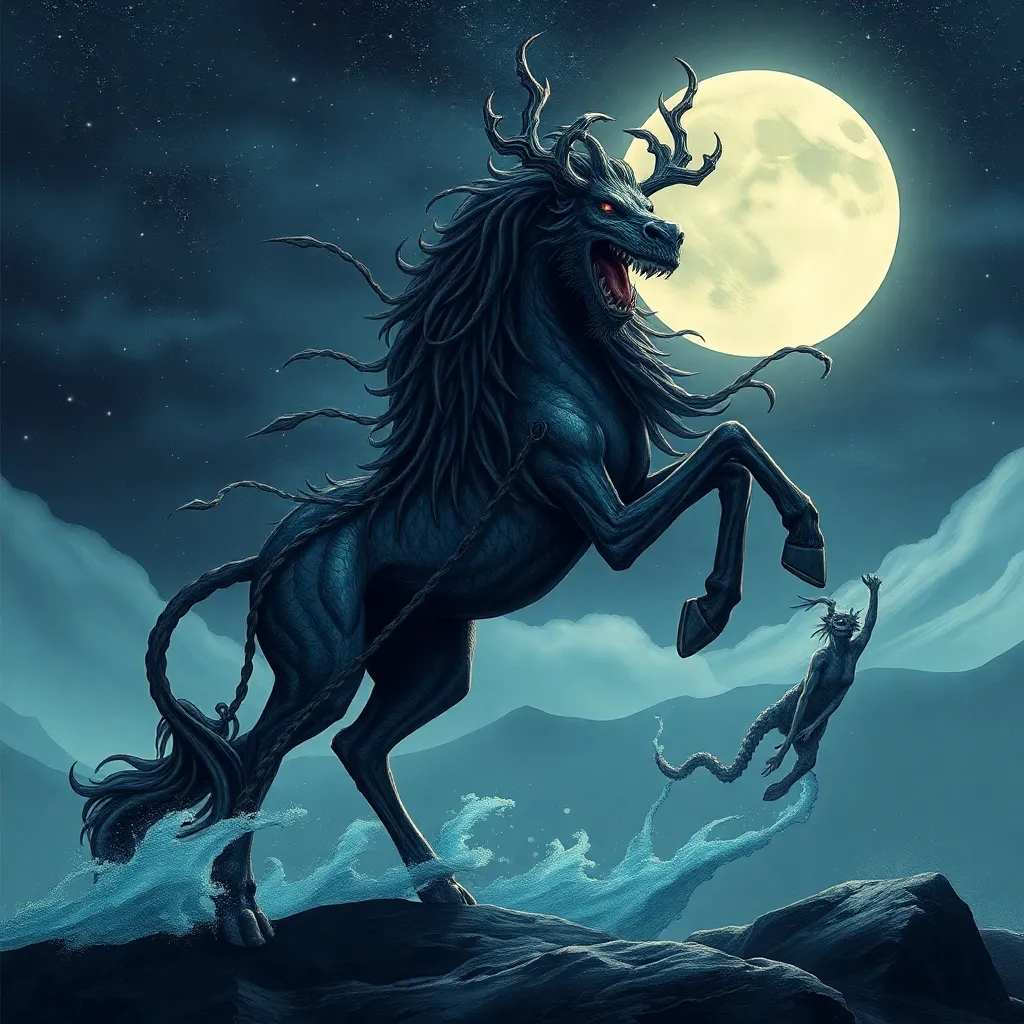The Mythical Dimensions of Cultural Heroes in History
I. Introduction
Cultural heroes are figures who embody the values and ideals of a society, often celebrated for their extraordinary achievements or noble qualities. They serve as role models, guiding the moral compass of a community and inspiring future generations. The importance of cultural heroes lies in their ability to shape societal values, acting as symbols of hope, courage, and perseverance.
This article will explore the mythical dimensions of cultural heroes throughout history, examining their roles in society, the evolution of hero archetypes, and the psychological impact they have on individuals and communities.
II. Historical Context of Cultural Heroes
The concept of the hero has evolved through different eras, reflecting the changing values and challenges faced by societies. Early heroes often emerged from mythological tales, while modern heroes may come from contemporary narratives. The following are examples of cultural heroes from various civilizations:
- Greek Heroes: Figures like Hercules and Achilles exemplify physical strength and valor, often facing insurmountable odds.
- Norse Heroes: Characters such as Odin and Thor are celebrated for their wisdom and bravery, often intertwined with the supernatural.
- Indigenous Heroes: Legends like Hiawatha or the trickster figure Coyote serve to teach moral lessons and convey cultural values.
Historical events have significantly influenced the perception of heroes, with wars, revolutions, and social movements shaping the narratives around these figures.
III. The Role of Myth in Hero Narratives
Myth serves as a powerful tool in society, providing explanations for the unexplainable and serving as a means of cultural transmission. Myths enhance the hero’s journey by creating a framework through which heroes are understood and celebrated. The interplay between fact and legend often blurs the lines, as historical accounts are transformed into heroic tales that emphasize virtues and ideals.
IV. The Archetypal Hero: Joseph Campbell’s Monomyth
Joseph Campbell’s concept of the Hero’s Journey, or monomyth, outlines a universal narrative pattern that many heroes across cultures follow. This framework includes stages such as the call to adventure, the ordeal, and the return home. Notable heroes fitting this archetype include:
- King Arthur: Embodying the ideals of chivalry and leadership.
- Harry Potter: A modern hero who faces trials and grows into his role.
- Frodo Baggins: A humble figure undertaking a monumental quest to save Middle-earth.
Cultural variations of the monomyth exist, illustrating different values and beliefs that shape the hero’s journey in diverse contexts.
V. Cultural Heroes as Symbols of National Identity
Cultural heroes often play a crucial role in nation-building, serving as symbols of unity and patriotism. Case studies include:
- George Washington: Revered as the founding father of the United States, representing leadership and sacrifice.
- Nelson Mandela: A symbol of resilience and the fight against oppression in South Africa.
Heroes can foster a sense of belonging, but there is also a critique of the glorification of certain figures over others, raising questions about whose stories are told and celebrated.
VI. The Feminine Aspect of Heroism
The narrative of heroism has traditionally favored male figures, but female cultural heroes have also emerged as powerful symbols of strength and resilience. Notable examples include:
- Joan of Arc: A warrior and martyr who defied gender norms and fought for her beliefs.
- Rosa Parks: An icon of the civil rights movement, symbolizing courage and defiance against injustice.
Myths surrounding femininity and heroism are evolving, as society begins to recognize and celebrate the contributions of women in heroic roles.
VII. The Hero’s Flaws: A Complex Portrayal
Imperfection is a significant aspect of hero narratives, as it humanizes these figures and makes them relatable. Flawed heroes, such as:
- Achilles: His rage leads to tragic consequences, showcasing the duality of strength and vulnerability.
- Hamlet: His indecision and introspection highlight the complexities of the human experience.
The portrayal of flaws impacts cultural perceptions of heroism, emphasizing that heroes are not merely paragons of virtue but individuals grappling with their challenges.
VIII. Modern Cultural Heroes and the Changing Landscape
In contemporary society, heroes often emerge from popular culture, including athletes, activists, and public figures. Social media plays a significant role in shaping modern hero narratives, allowing for real-time engagement with these figures. The shift from historical to modern heroes reflects changing values and the need for relatable role models who resonate with current challenges.
IX. The Psychological Impact of Cultural Heroes
Cultural heroes significantly influence individual and collective identity, serving as touchstones for values and aspirations. Hero worship can have both positive and negative psychological effects, including:
- Inspiration for personal action and social change.
- Potential disillusionment when heroes fail to meet expectations.
Ultimately, cultural heroes have the power to inspire action and foster change in society, encouraging individuals to strive for greatness.
X. Conclusion
The mythical dimensions of cultural heroes are crucial in understanding their significance in history. These figures embody societal values, inspire change, and reflect the complexities of the human experience. As we continue to celebrate and critique cultural heroes, it is essential to recognize their multifaceted nature—both as symbols of aspiration and as reflections of the societies that create them.



